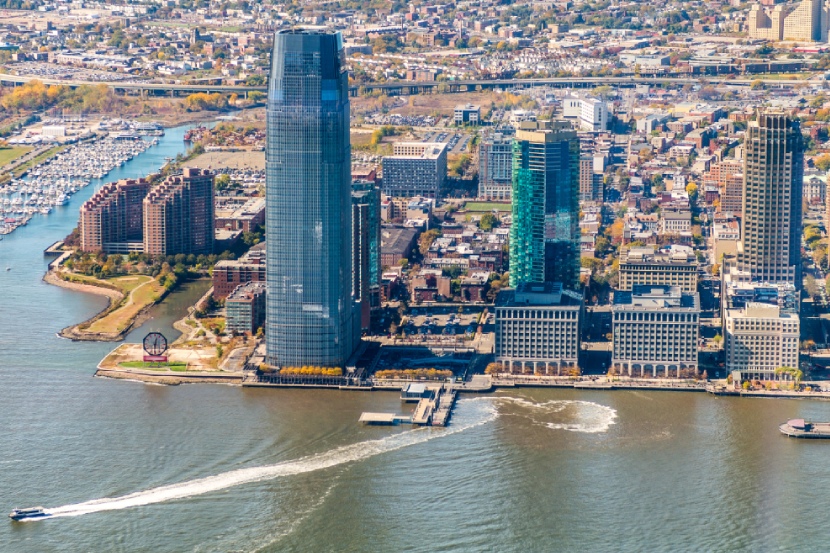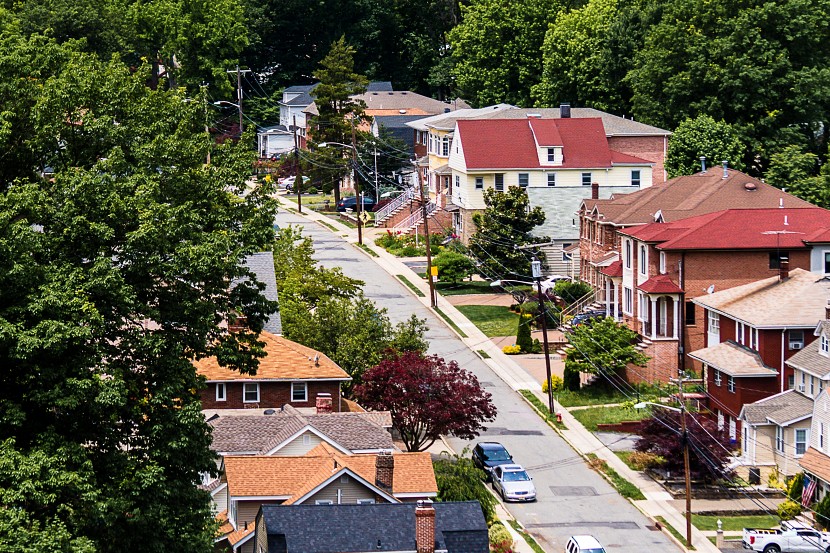

During the worldwide inflation, New Jersey hasn’t been outcasted. Actually, New Jersey is one of the states rated on top of the list for its rental increase in the US.From 2021 to 2022, average rent increased by 33%, which is 10% more than the national average. This is only adding up on top of skyrocketing food and gas prices. It hits people who are already struggling to make ends meet the most. In the end, many people are getting priced out and left without a place to live.So, what can you do about it? Although New Jersey doesn’t have statewide rent increase laws, many individual municipalities have their own laws that help them stabilize and control the rental market.

Are there any rent increase laws in New Jersey?
No, there aren’t. Compared with New York’s NYC Rent Guideline Board, New Jersey doesn’t have an institution that takes care of rent increases at the state level.However, some municipalities did take care of the rent increase laws by themselves. There are areas that have their maximum increase percentages set.Some of them are ruled by the CPI (Consumer Price Index) which is a measure of the average change in the prices of a basket of goods and services over time, used to track inflation and adjust various economic indicators.
Here is a list of some municipalities in NJ that have their own rent increase laws:
Atlantic City and Hoboken have their maximum rent increase percentages based on CPI.

What about other areas without these rules set?
In this case, you can still rely on some minor rules. Be aware that even though laws aren’t set, you still can go out to court if you feel the increase is unconscionable. Doubling or increasing rent by more than 5% without any legitimate reason can allow you to take your landlord to court.
Active lease term
For example, the landlord can not increase your rent during the active lease term. If your lease term is 12 months long, your landlord could increase your rent only after a year passes. Then you can accept it or deny it.

The time limit for a notice to be given
If you are on a month-to-month lease, your landlord must give you notice one month before the lease expires.A 60-day notice is a must for a quarterly lease, and for a yearly lease, 90 days is mandatory.
How often can landlords increase rent in NJ?
In New Jersey, landlords can increase rent only once every 12 months for a given lease.
What can you do so your rent is kept the same?
On your part, you can be a responsible renter, so your landlord will be motivated to keep working with you instead of risking with new tenants.Be in constant communication with your landlord regarding any changes or damages made in the apartment, as this could save you from the unwanted rent increase or will at least save you a safety deposit fee if there is one. And of course, be informed about your city’s rules and CPIs.
